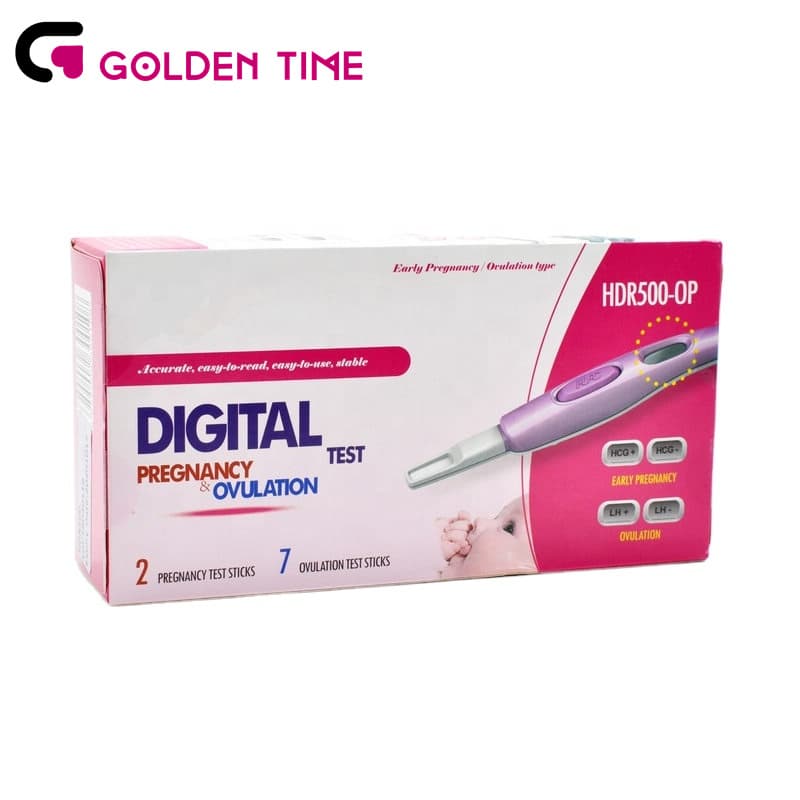វិច្ឆិកា . 09, 2024 05:35 Back to list
Cost of Wholesale Fish Blood Testing Services Explained
The Cost of Wholesale Fish Blood Tests An Overview
In the aquaculture and seafood industries, ensuring the health and quality of fish specimens is paramount. One critical aspect of maintaining fish health is through blood testing, which helps identify diseases and assess the general well-being of the fish. As the demand for fish and seafood continues to rise globally, understanding the cost of wholesale fish blood tests becomes increasingly important for both producers and consumers.
The Importance of Blood Testing in Aquaculture
Blood testing in fish serves several purposes. Firstly, it allows for the early detection of diseases that can spread rapidly within aquatic populations. Fish are susceptible to a range of pathogens, including bacteria, viruses, and parasites. By conducting regular blood tests, aquaculture operations can implement timely interventions, minimizing losses due to illness. Additionally, blood tests can provide insights into the overall health of the fish, including their immune responses and stress levels, which are critical for successful breeding and farming practices.
Factors Influencing the Cost of Fish Blood Tests
The price of wholesale fish blood tests can vary based on several factors, including
1. Type of Test Different tests target different pathogens or health indicators. Basic tests may focus on general health markers, while more comprehensive panels assess specific diseases. The complexity of the test influences its cost.
2. Volume of Samples Typically, the cost per test decreases with the volume of samples processed. Larger aquaculture operations that require frequent testing of multiple batches may benefit from economies of scale.
3. Laboratory Services The reputation and capability of the laboratory conducting the tests can impact pricing. High-quality labs with advanced technology and skilled personnel may charge more, but they often provide more accurate results and faster turnaround times.
4. Geographic Location The location of the testing lab can also affect costs. Regions with limited access to specialized services may see higher prices due to transportation or logistics concerns.
wholesale fsh blood test cost

5. Regulatory Requirements In some regions, certain fish species may require mandatory health testing before sale, particularly if they are exported. Compliance with these regulations can add to the overall testing costs.
Average Costs and Budgeting for Fish Blood Tests
Generally, prices for wholesale fish blood tests can range from a few dollars to several hundred dollars per sample, depending on the aforementioned factors. Basic health assessments may start around $20-50 per sample, while more comprehensive disease panels could exceed $200. For aquaculture businesses, budgeting for these tests is essential to maintaining fish health and ensuring compliance with industry regulations.
Aquaculture operators should consider incorporating blood testing into their regular health management protocols. By scheduling tests seasonally or following specific operational changes (such as introducing new stock), businesses can better manage risks and avoid costly outbreaks.
The Role of Innovative Technology
Emerging technologies are also playing a significant role in reducing the costs associated with fish blood testing. For instance, advancements in molecular diagnostics and automation are making it possible to conduct tests more efficiently and accurately at a lower price point. This not only helps aquaculture operations save money but also ensures that the health of the fish is closely monitored.
Furthermore, the integration of data analytics into blood testing can provide valuable insights into fish health trends and predict potential health issues before they arise. This proactive approach can lead to substantial savings in both health interventions and product losses.
Conclusion
As the global seafood market continues to expand, the importance of routine blood testing in fish cannot be overstated. Understanding the costs associated with wholesale fish blood tests is crucial for aquaculture businesses striving to maintain healthy stocks and comply with regulatory requirements.
Investing in proper health monitoring through blood tests not only supports the sustainability of fish farming but also aligns with consumer demands for quality seafood. By leveraging advancements in testing technologies, aquaculture operators can optimize their testing regimens and factor these expenses into their overall business strategies to ensure long-term success in this vital industry.
-
Dengue NS1 Rapid Diagnostic Test Kit
NewsMar.07,2025
-
Dengue NS1 Rapid Diagnostic Test Kit
NewsMar.07,2025
-
Dengue NS1 Rapid Diagnostic Test Kit
NewsMar.07,2025
-
Transferrin Rapid Test Cassette Tumor Marker TF Card
NewsMar.07,2025
-
Malaria Pf Pan Rapid Diagnostic Test Kit
NewsMar.07,2025
-
malaria pf / pan ag rapid test
NewsMar.07,2025

